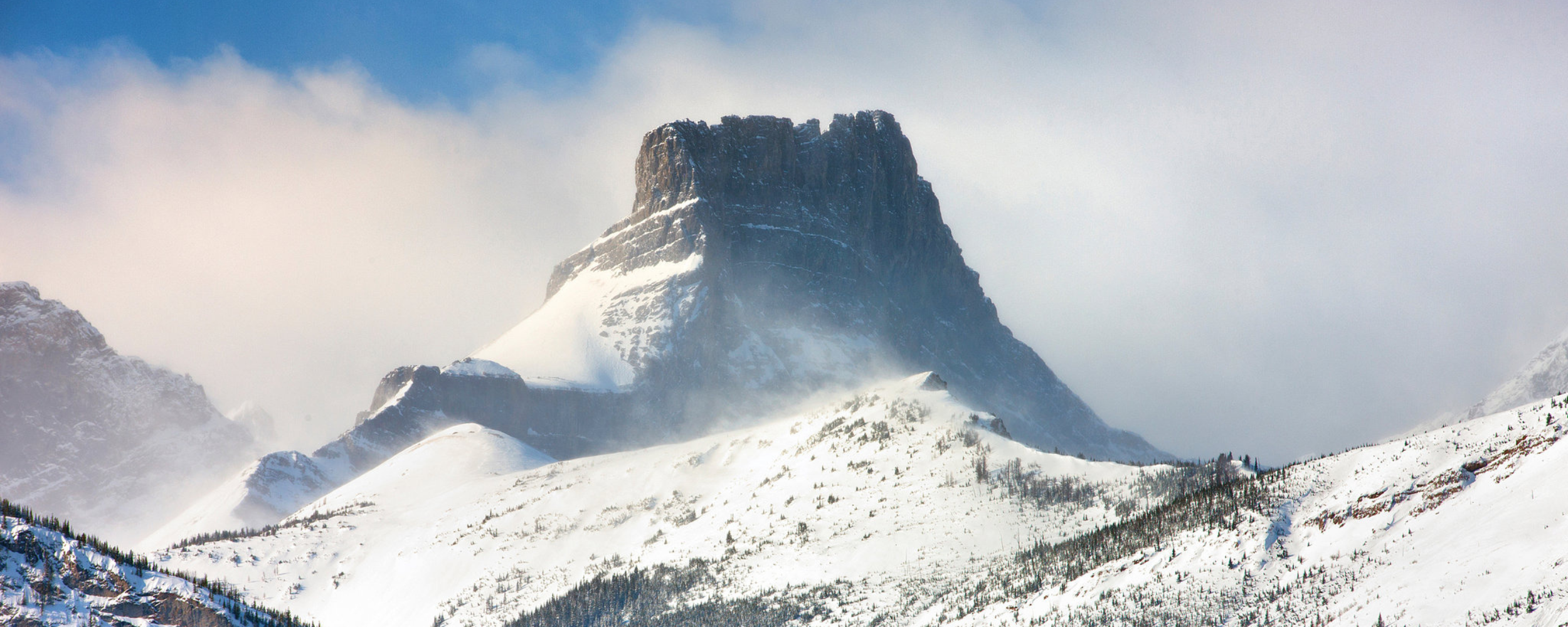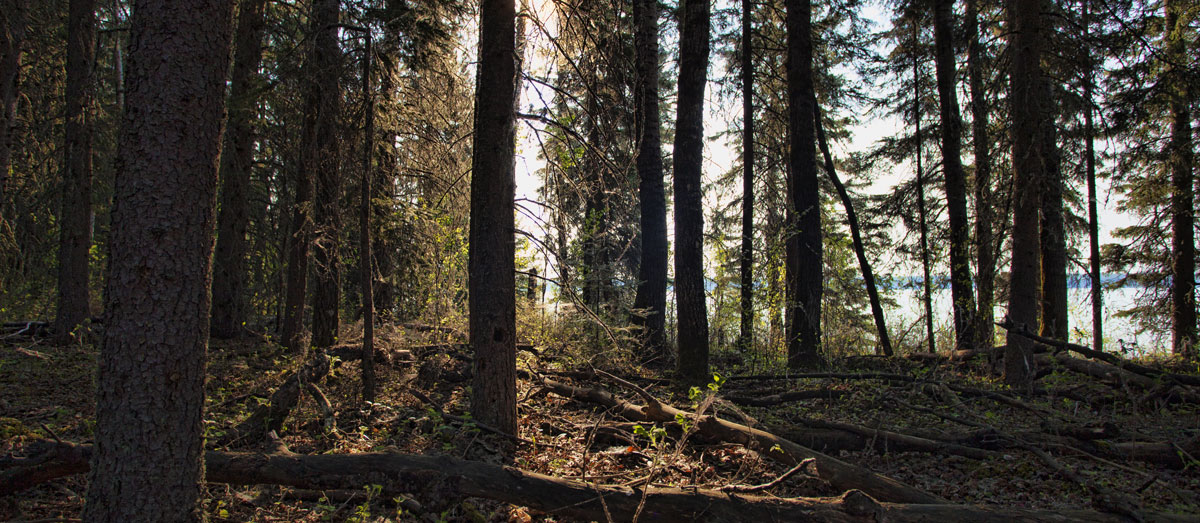By Jaclyn Angotti,
Education Director, CPAWS Southern Alberta
The formal education system faces many choices of what to include in the curriculum: defined as what students are expected to know, understand, and be able to do in each subject and grade. What gets included is influenced by curriculum developers’ wants and needs. Government has a vital responsibility to make wise decisions on what to include and omit in curriculum. Our youth could gain or miss out on very important skills and understandings (like climate literacy) based on the choices of our government.
Currently, Alberta Education is working on curriculum redesign. The curriculum will be updated from kindergarten to grade 12 by 2022. Kindergarten to grade 4 is set to be released at the end of this year. Our province has a unique opportunity to ensure our kids are getting the right kind of education. Although there are many important topics, I will focus on one: environment. This is not a personal or even organizational want. It is a need, backed by research. Here are just a few of the reasons why environmental education needs to be a constant theme woven into curriculum at all ages:
- Connection to Nature for Health and Wellness – Countless research has shown that connection to nature is a biological need, an innate part of us due to our direct connection with nature over the last 200,000 years. American biologist Edward O. Wilson, coined the term biophilia in the 1980’s to describe this need. An example of more recent research comes from Cervinka, Röderer, and Hefler (2012) in Austria. They found that as nature connection increased, so did feelings of fulfillment, social connectedness, satisfaction with life, and self-esteem. William Blair Bagshaw (2014) of the University of Alberta summarized this and other research about the positive effects of nature exposure on student wellness and academic achievement.
- Connection to Nature for Environmental Stewardship – one of the most famous nature education quotes comes from a Senegalese environmentalist Baba Dioum, “For in the end, we will conserve only what we love. We will love only what we understand. We will understand only what we are taught.” If children do not experience nature from a young age, and at all ages, they will not feel connected to the environment and thus will have no desire to protect it. Research proves this to be true. According to Louise Chawla (2007, p. 144), “a growing literature shows that active care for the environment in adulthood is frequently associated with positive experiences of nature in childhood or adolescence, along with childhood role models who gave the natural world appreciative attention.”
- Climate Literacy – Climate change is one of the most challenging issues of our times. If climate science is not part of the curriculum, the next generation will likely continue our current trajectory towards irreversible changes in the climate, creating catastrophic effects for our environments. Only with a student body that learns about energy, ecosystems and the environment, will we be able to successfully mitigate and adapt to climate change. As Albert Einstien said, “The significant problems we face today cannot be solved at the same level of thinking we were at when we created them.” The best thing we can do is ensure students have the knowledge and critical thinking skills needed to create a brighter future for everyone!
Our world needs environmental education. We need to be connected to nature. Environmental and climate education needs to be in our curriculum. And teachers need subject experts to help them provide high quality environmental education to their students. CPAWS Southern Alberta is an expert in the fields of conservation and environmental education. We need your support to enable us to support teachers and students. To learn more about our education initiatives or to donate in support of environmental education, visit our education page.
More Blog Posts

Fortress Mountain Resort: An Amusement Park in our Wilderness

Speak Up, Write Out: The Power of a Local Op-Ed

